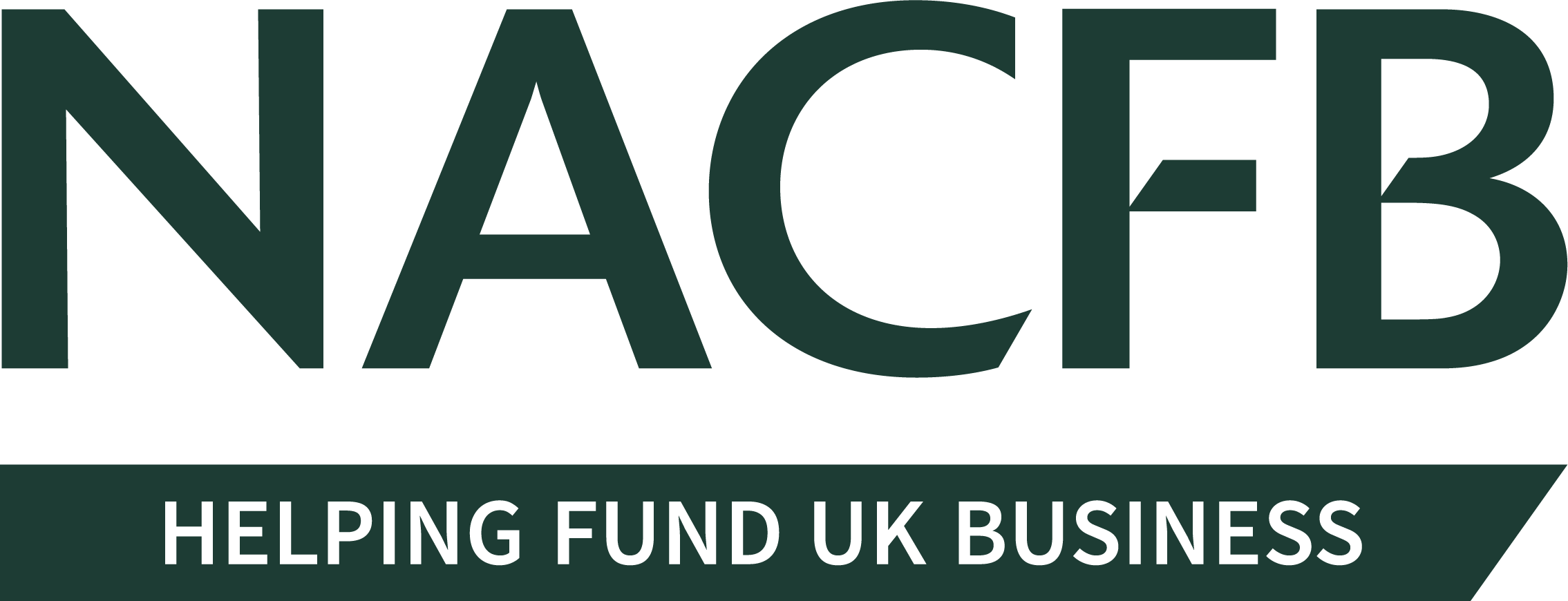The government has announced it will significantly increase the scope and reach of its winter support schemes to ensure livelihoods and jobs across the UK continue to be protected in the difficult months to come, supporting jobs and helping to contain the virus.
In recognition of the challenging times ahead, the Chancellor said he would be increasing support through the existing Job Support and self-employed schemes and expanding business grants to support companies in high-alert level areas.
This builds on agreements reached with Local Authorities moving to Alert Level very high, with extra support for businesses, jobs and the economic recovery.
Business Grants
The Chancellor has announced approved additional funding to support cash grants of up to £2,100 per month primarily for businesses in the hospitality, accommodation and leisure sector who may be adversely impacted by the restrictions in high-alert level areas. These grants will be available retrospectively for areas who have already been subject to restrictions, and come on top of higher levels of additional business support for Local Authorities moving into Tier 3 which, if scaled up across the country, would be worth more than £1 billion.
The Treasury will provide additional funding to allow Local Authorities (LAs) to support businesses in high-alert level areas which are not legally closed, but which are severely impacted by the restrictions on socialising. The funding LAs will receive will be based on the number of hospitality, hotel, B&B, and leisure businesses in their area.
LAs will receive a funding amount that will be the equivalent of:
- For properties with a rateable value of £15,000 or under, grants of £934 per month.
- For properties with a rateable value of between £15,000-£51,000, grants of £1,400 per month.
- For properties with a rateable value of £51,000, grants of £2,100 per month.
This is equivalent to 70% of the grant amounts given to legally closed businesses (worth up to £3,000/month).
Local Authorities will also receive a 5% top up amount to these implied grant amounts to cover other businesses that might be affected by the local restrictions, but which do not neatly fit into these categories. It will be up to Local Authorities to determine which businesses are eligible for grant funding in their local areas, and what precise funding to allocate to each business – the above levels are an approximate guide.
Businesses in Very High alert level areas will qualify for greater support whether closed (up to £3,000/month) or open. In the latter case support is being provided through business support packages provided to Local Authorities as they move into the alert level. The government is working with local leaders to ensure the Alert Level very high packages are fair and transparent.
Job Support Scheme (JSS)
Recognising the pressure businesses in some sectors and areas are facing, today’s announcement lightens the burden of keeping on staff.
When originally announced, the JSS – which will come into effect on 1 November – saw employers paying a third of their employees’ wages for hours not worked and required employers to be working 33% of their normal hours.
Today’s announcement reduces the employer contribution to those unworked hours to just 5%, and reduces the minimum hours requirements to 20%, so those working just one day a week will be eligible. That means that if someone was being paid £587 for their unworked hours, the government would be contributing £543 and their employer only £44.
Employers will continue to receive the £1,000 Job Retention Bonus. The Job Support Scheme Closed for businesses legally required to close remains unchanged.
Self-employed grant
Today’s announcement increases the amount of profits covered by the two forthcoming self-employed grants from 20 per cent to 40 per cent, meaning the maximum grant will increase from £1,875 to £3,750.
This is a potential further £3.1 billion of support to the self-employed through November to January alone, with a further grant to follow covering February to April.


